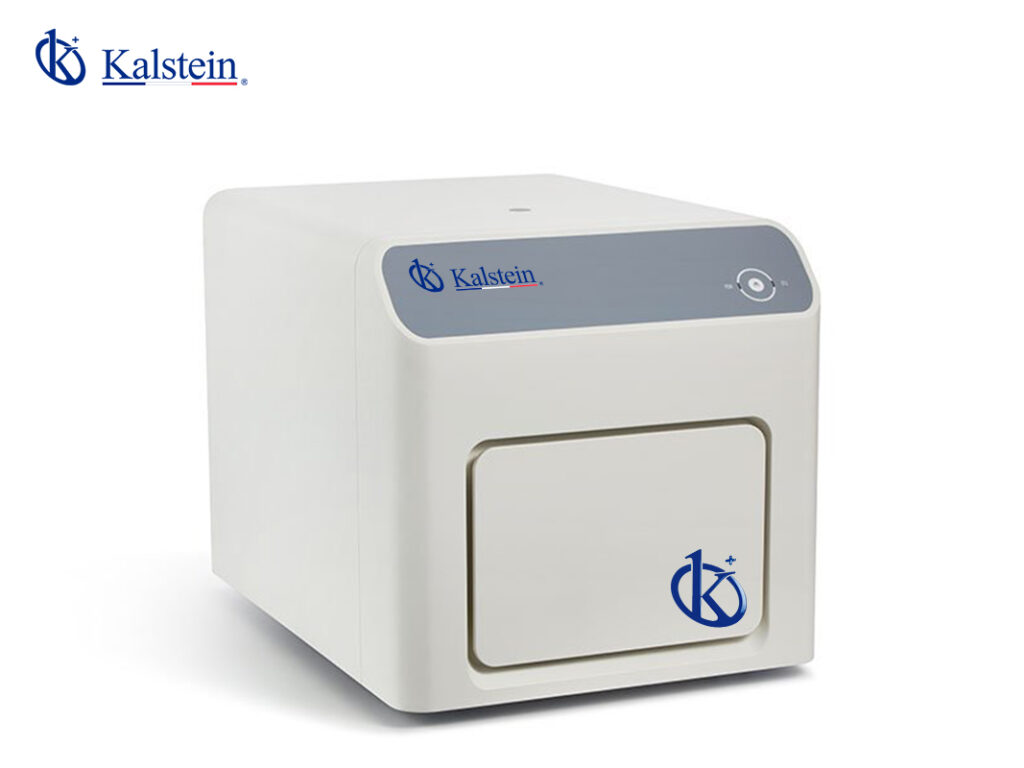The polymerase chain reaction (PCR) is one of the scientific advances that had the greatest impact during the 20th century. This technique was created by the biochemist Kary Mullis, with the aim of serving as a method to amplify DNA and synthesize a large amount of it. Later, as PCR became known, a group of scientists discovered the great contribution it could have in molecular biology, which led them to investigate and perfect it to transform it from a theoretical process to a reality.
PCR is based on an enzymatic activity that occurs normally in the cells of our body. During mitosis, DNA polymerase replicates the DNA in the nucleus in order to obtain two identical copies, which are then distributed to the daughter cells. The same happens with PCR, in which polymerases replicate, like photocopiers, a segment of DNA, in several cycles, in order to obtain thousands of identical copies.
Any researcher who carries out work with DNA molecules must have knowledge of PCR, since it is essential in various fields, for example, in medical research and biochemistry, allowing DNA fragments to be prepared for cloning viruses or bacterial plasmids and using them as vectors. It is also used in medicine for the diagnosis of hereditary diseases.
PCR applications in scientific research
Scientific research is a procedure characterized by being rigorous and leading to new knowledge. Its main function is to explain, describe, understand and predict facts, phenomena and behaviors. Through this process, questions are answered to test previously established hypotheses.
Before the polymerase chain reaction (PCR) existed, the study of DNA was complicated because there was a large amount of genetic information packed into DNA molecules, making it difficult to specifically isolate the correct fragment for study. After the successful creation of PCR, this technique made it easier to identify disease-causing bacteria or viruses, identify people and do scientific research related to amplified DNA. PCR is currently used in a large number of laboratory techniques, thanks to its speed and efficiency. Among the special functions that a PCR has are:
- Cloning of DNA sequences into vectors.
- The diagnosis of inherited genetic diseases, in addition to its usefulness in medicine.
- In paleontology and archaeology for its sensitivity to study DNA in mummified tissue.
- In the biological sciences, it studies with great precision the DNA sequences in a sample.
- In botany, for the study of the evolution of various plant species.
- In forensic genetics, for kinship testing.
Thermocyclers, equipment used in PCR assays
The polymerase chain reaction (PCR) is a highly accurate and rapid technique used for the diagnosis of bacterial and viral diseases, and also to detect genetic changes. PCR determines the presence of a pathogen in the DNA, i.e. the cause of a disease, or abnormal cells in the sample.
The PCR test is performed by taking a sample of blood, mucus or tissue, which possibly contains the DNA of a pathogen. The sample is then taken to a thermocycler, which generates temperature cycles to amplify the different DNA strands. After introducing the sample into the thermal cycler, the polymerase enzyme is added to make copies, repeating the process in order to obtain millions of copies.
Kalstein thermal cycler
In Kalstein we are MANUFACTURERS of the best laboratory equipment, we assure you because they have a high quality and technology, and also have the best PRICES in the market. Our equipment is designed to meet the needs of all those users who work in the area of science and medicine. Among our wide variety of equipment available for sale, we have thermal cyclers, devices necessary to perform temperature cycles for polymerase chain reaction (PCR) in clinical laboratories. If you are interested in purchasing a thermal cycler for your laboratory, you can view them in our catalog through the following link: HERE. For information about our other products, see HERE.

